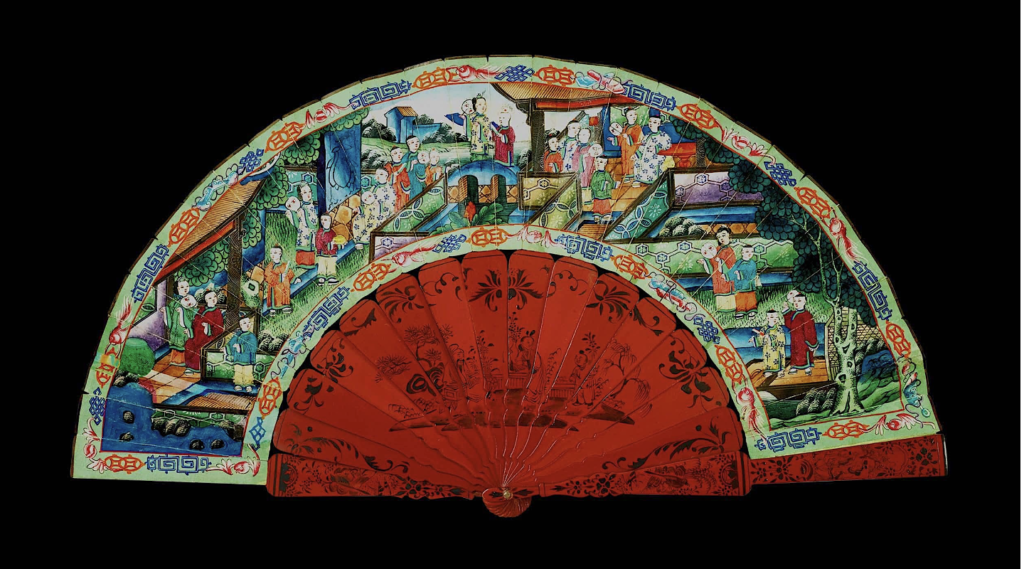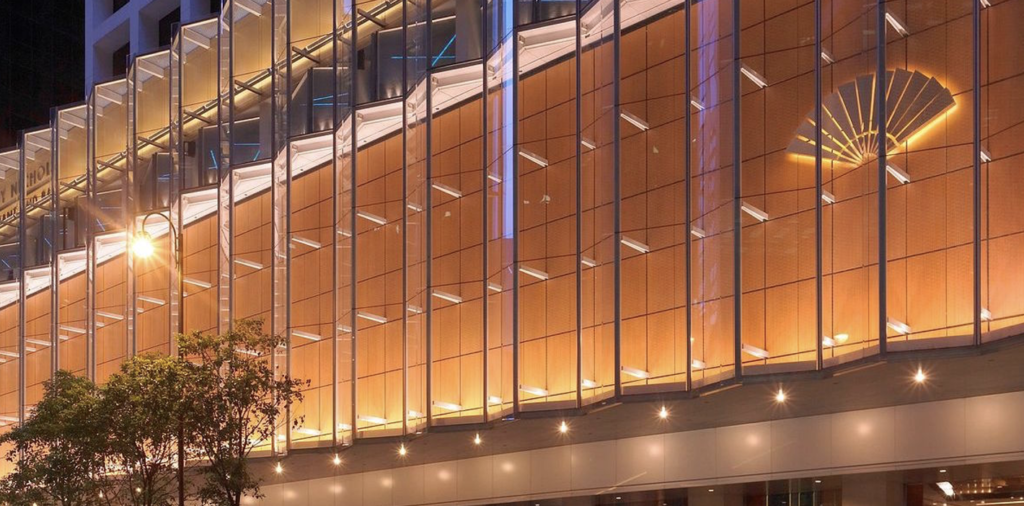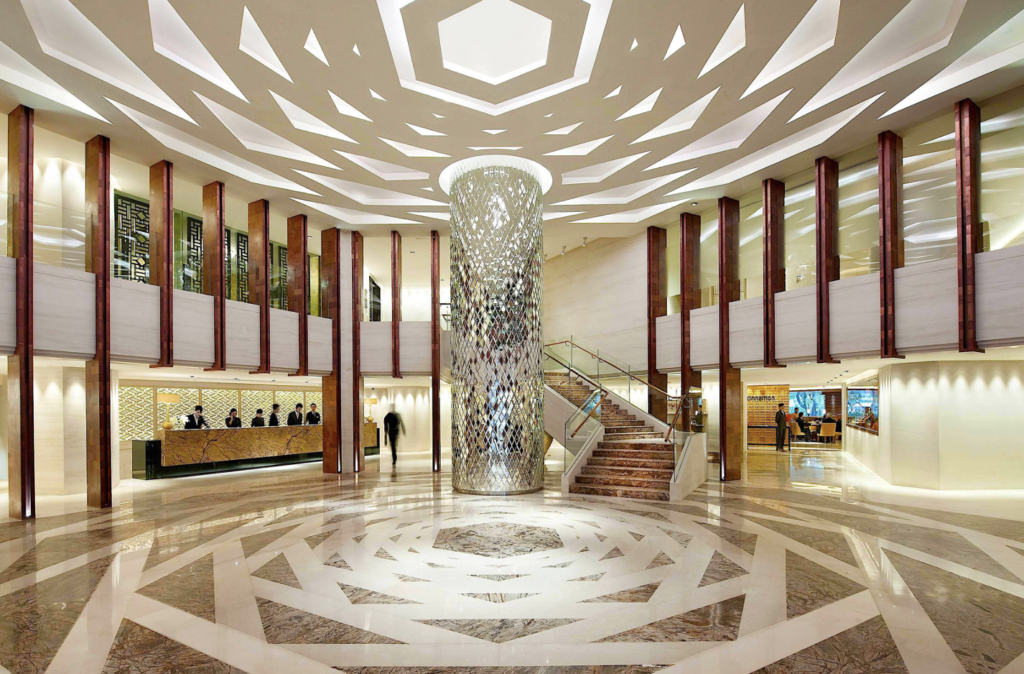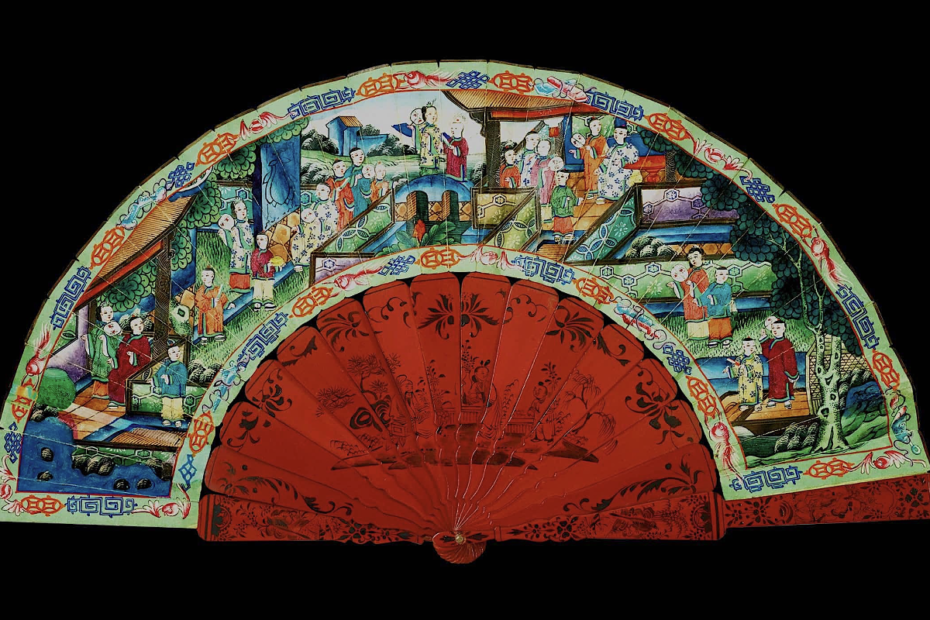
When Christie’s auction house wanted to stir up interest for a new artwork that was believed to be by none other than Leonard Da Vinci, they did something utterly brilliant. In the promotional film that they commissioned for the auction, rather than show the product—the painting —they focused on the reactions of the people privileged to see a preview. That audience included celebrities such as Leonardo DiCaprio and Alex Rodriguez, and some other, less obvious, but still famous people. https://www.youtube.com/watch?v=d7omwQLuGJQ&t=151s What do a few actors, a singer, a baseball player and a bunch of the literati have to do with the discovery of a lost Leonardo? Not very much. So why feature them in the promotion rather than the product itself? Because the Christie’s people know something critical about marketing: people respond to what the product says about them first and foremost. Christie’s wanted to establish that this was for people who’d like to see themselves as rich, famous, admired, and of course, people to whom money is no object. In this case the strategy worked beyond even their wildest expectations. The artwork, Salvator Mundi, sold for $450 million dollars. Sure, it’s a Leonardo DaVinci (well, maybe it’s a Leonardo…Google it if you’re interested in that story), but Christie’s marketers knew that in elevated realms, the most important thing about buying something luxurious is what it says about me.
This isn’t simply about attaching celebrity to a product. As we all saw in this year’s Super Bowl, you can stuff celebrities into ads and fail miserably. Instead, this is about indicating what kind of person carries the brand, which is a much more sophisticated task.
All luxury brands can learn something from this example. One of them undoubtedly has, and they’ve seen business boom as a result. The Mandarin Oriental was once a modest player in the market of luxury hotels, but now they’re on a par with the biggest, most established brands.
How did they do it? By using advertising to create emotional differentiation and superiority. The business problem with hospitality is that it can be hard to find meaningful differentiation in the facts. And differentiation is crucial for building brand loyalty – and loyalty is where the money is. Amidst all the steamed towels, spas and saunas and Michelin star restaurants, it’s all pretty much alike. The Mandarin Oriental knew a great product was not enough.

And so back in 2000 they launched an ad campaign dubbed “I’m a Fan,” a pun on the hotel chain’s stylish logo. That campaign is still going strong, rivaling such long-lasting classics as “Absolut Vodka” and Nike’s “Just Do It.” And in that time, the Mandarin Oriental has gone from a handful of hotels to a world-wide conglomerate of more than 33 hotels, resorts and residences. That’s real money.
What they have that has made them different and superior is a campaign that says: if you’re this kind of person – smart erudite, accomplished, subtle, desired – you stay with us.
That’s right. There is nothing about the product in one of the most successful campaigns for a product ever. It must have taken a lot of brass for them not to advertise their beautiful product, but they understood how advertising works best.
Instead, they opted for a series of portraits of the kind of customer who stays there. Go beneath the surface and you can see why it is so successful.

The first thing is, the celebrities are not just celebrities—they are not those that are so easily recognizable. You have to be actually erudite, well-read, and sophisticated to know who these people are. That is the first shout-out: Do you, dear traveler, know who this person is? Then you belong with our brand. The characters talk about experiences that have a special place in their lives. Naturally they eventually work their way around to their stay at the Mandarin Oriental. It’s also the truth—all those chosen for the spots do regularly stay at the hotels.
It’s a very soft sell. The people talk about what matters to them, only gradually backing into the real subject of the ads, the Mandarin Oriental. Because of this, the spots feel like a great deal more than mere celebrity endorsement, in fact the opposite of how a sports star looks into the camera and says something nice about a sneaker or a value meal. The celebrities’ interesting backgrounds and rich personalities are woven into the commercials. By the time the video ends or you have seen one of their beautifully shot print ads, you want to be that kind of person. And that kind of person wants to stay at the Mandarin Oriental.
And of course, what they are selling is repeat business. The message is they always stay at a Mandarin Oriental wherever they go, they never consider any other hotel brand. “It feels like home,” more than one has gushed in their smart, classy ads.
To give some idea how well this idea has worked for the Mandarin Oriental, consider The Four Seasons. That rival has been in the game since 1961. In less than half that time the Mandarin Oriental grew from basically nothing to reach the same level as The Four Seasons, Park Hyatt, St. Regis, and other major players.

Not a bad return on advertising! Especially on a relatively tiny ad budget.
Sure, there’s a lot of other factors helping: stylish decorating, gorgeous architecture, impeccable service and bountiful amenities. But other luxury hotels have those too. What they don’t have is dozens of diverse people, from Stanley Tucci to Bryan Ferry
to Cecilia Bartoli to Garry Kasparov to Hélène Grimaud to Frederick Forsyth to Jane Seymour to Vivienne Tam, naming this as their special hotel.
This incredibly interesting and diverse list of characters —probably the only one Darcey Bussell and Dame Edna have ever appeared on together!—hammers home that these are not mere formulaic celebrity endorsements; they are the thoughts of accomplished and impressive people. (The commercials are unscripted. No words are put into mouths and no money is put into pockets.) “I’m a Fan” skips the blather about killer room views and the enormous bed and complementary mineral water, and trades instead on the kind of people we’d all like to be, even for a moment.
And of course, the product delivers on the thoughtful, interesting, creative, top-drawer brand created by the ads. And promise plus delivery has produced an unassailable brand and a repeat-customer business.
The power of emotional differentiation through self-image, no matter what the product, cannot be overestimated. So, don’t just know what you’re selling, really know (i.e. at the emotional level) who you’re trying to reach. Christie’s understood this. So does the Mandarin Oriental. For luxury and many other categories, more than anything else, purchasing the brand is purchasing what it says about me.
So, if you knew who Michelle Yeah was before the Oscars, congratulations: you’re one of us.
And if you didn’t know, you want to be one of us. https://www.youtube.com/watch?v=ZdOwcO-RSlk
